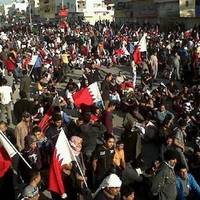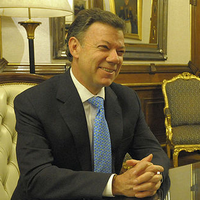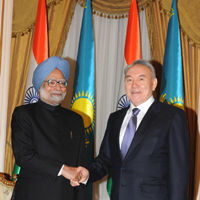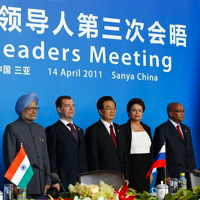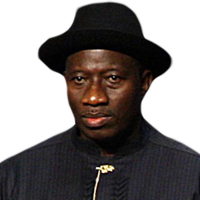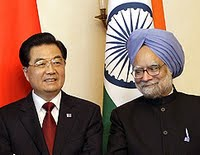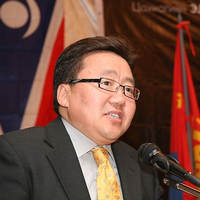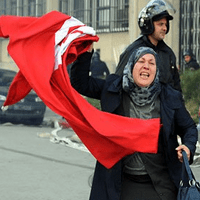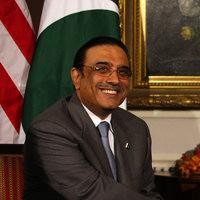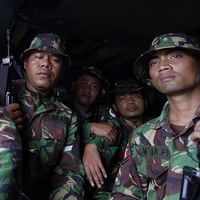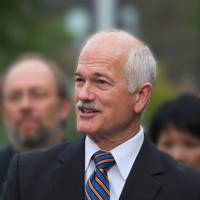
When the writ was dropped a few weeks ago for Canada’s third election in five years, the conventional wisdom was that it would be a dull affair. Canada has weathered the Great Recession better than almost any other advanced industrial nation, and the Conservatives under Prime Minister Stephen Harper have maintained consistent, if unspectacular leads over the opposition Liberals. The only questions seemed to be whether Harper, who has led a minority government in parliament since 2006, would achieve his long-coveted majority, and who would replace Liberal leader Michael Ignatieff after what was certain to be the third straight defeat […]

